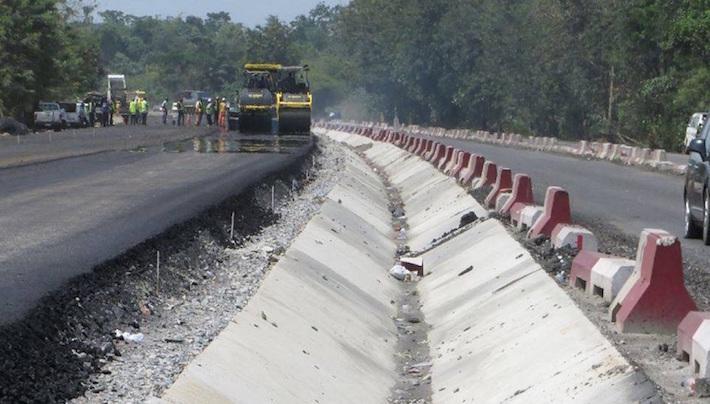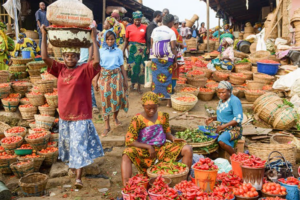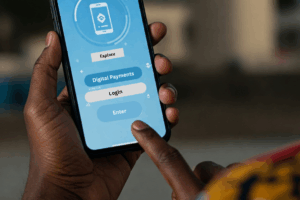
Last week, a friend endured a terrifying ordeal on the Lagos-Ibadan Motorway. Between 7 pm and 8 pm, they were accosted by individuals disguised as police, forced to stop, and compelled to transfer funds from their bank accounts. This incident, far from isolated, highlights pervasive insecurity that thrives not just under darkness but also in broad daylight, often aided by overgrown vegetation. These dense bushes along the road serve as perfect hideouts for criminals, allowing them to ambush motorists and disappear with impunity. As a chartered accountant and tax practitioner, this incident, and countless others, compels me to ask: why are we still debating basic safety measures on our most vital infrastructure? Where are the solar-powered streetlights, CCTV cameras, readily available patrol vans, strategically located police stations, and fully functional hospitals that should line this critical route? The absence of these essentials, coupled with neglected clearings, transforms this crucial thoroughfare into a perilous stretch, day and night, inflicting an immense psychological toll on commuters.
The Lagos-Ibadan Motorway is more than just asphalt; it is the lifeline of commerce, a conduit for families, and a symbol of national connectivity. When such a vital link becomes a breeding ground for audacious crime, it sends unsettling ripples throughout the economy and society. The audacity of criminals, even operating under the guise of law enforcement, erodes public trust and breeds helplessness. The modern twist of forced digital fund transfers underscores the evolving sophistication of these criminal enterprises, demanding a multi-layered, proactive security strategy. From a professional standpoint, the demand for these amenities is not merely a plea for safety; it is a call for transparency and accountability in the utilisation of the humongous taxes paid by citizens and businesses.
A comprehensive, multi-pronged solution is imperative. Firstly, the immediate clearing of all overgrown bushes and vegetation along the motorway’s shoulders and median is paramount. This simple step eliminates crucial hideouts, significantly reducing ambush opportunities day and night. Maintaining these areas must be a continuous priority.
Secondly, the widespread deployment of both solar-powered streetlights and integrated CCTV camera systems is non-negotiable. Solar technology offers sustainable, grid-independent illumination, a significant deterrent. CCTV cameras provide powerful deterrence and invaluable evidence for law enforcement. This dual approach of light and surveillance creates a formidable barrier against criminals, drastically reducing their operational window and increasing detection risk.
“From a professional standpoint, the demand for these amenities is not merely a plea for safety; it is a call for transparency and accountability in the utilisation of the humongous taxes paid by citizens and businesses.”
However, security extends beyond deterrence and evidence. Swift and effective response is equally crucial. This brings us to the urgent need for visible and active police presence. Readily available patrol vans, actively patrolling during peak vulnerability hours, would be a game-changer. These patrols should be frequent, unpredictable, and equipped for emergencies. Furthermore, establishing strategically located police stations or outposts along the motorway would drastically reduce response times, serving as bases for patrols and points of contact for distressed travellers. A visible, responsive police force instils confidence and sends a clear message to criminals that the road is actively monitored.
The benefits of such a comprehensive approach are multifaceted: cleared bushes eliminate hideouts; enhanced visibility and CCTV create a formidable barrier; active police patrols and accessible stations ensure rapid response; and functional hospitals provide life-saving care. Together, these elements transform the motorway into a safer, more reliable corridor, protecting lives and property and fostering economic growth. This is a critical, long-term investment in human lives, economic stability, and national security, with long-term savings far outweighing upfront costs. Practical considerations like maintenance and data management are not insurmountable; robust designs, community engagement, and public-private partnerships can ensure longevity.
The onus falls squarely on relevant government agencies. The Lagos-Ibadan Motorway is a federal asset, and its safety should be a paramount concern. Beyond reacting to incidents, there is a profound need for proactive, preventative solutions that address vulnerability and instil security. Illuminating, monitoring, patrolling, providing medical support, and, critically, clearing the dangerous overgrown bushes along this vital artery is not a luxury; it is a fundamental necessity for a nation striving for economic growth, social stability, and well-being.
As tax-paying citizens, we demand that our contributions translate into tangible improvements in our daily lives. Let us collectively insist that our highways, especially those as vital as the Lagos-Ibadan Motorway, are transformed into beacons of light, vigilance, and comprehensive safety. The technology exists, the need is glaring, and the benefits are undeniable. It is time to light up, watch over, secure, and heal our path to a safer, more prosperous Nigeria, demonstrating true accountability for every naira collected.
Adeniyi Bamgboye, MBA, FCTI, FCA, FCCA, a dual-qualified chartered accountant, tax expert, and policy analyst, is the managing partner of Empyrean Professional Services, an audit, business, and financial advisory firm dedicated to enhancing its clients’ business value. 08060603156. [email protected]





